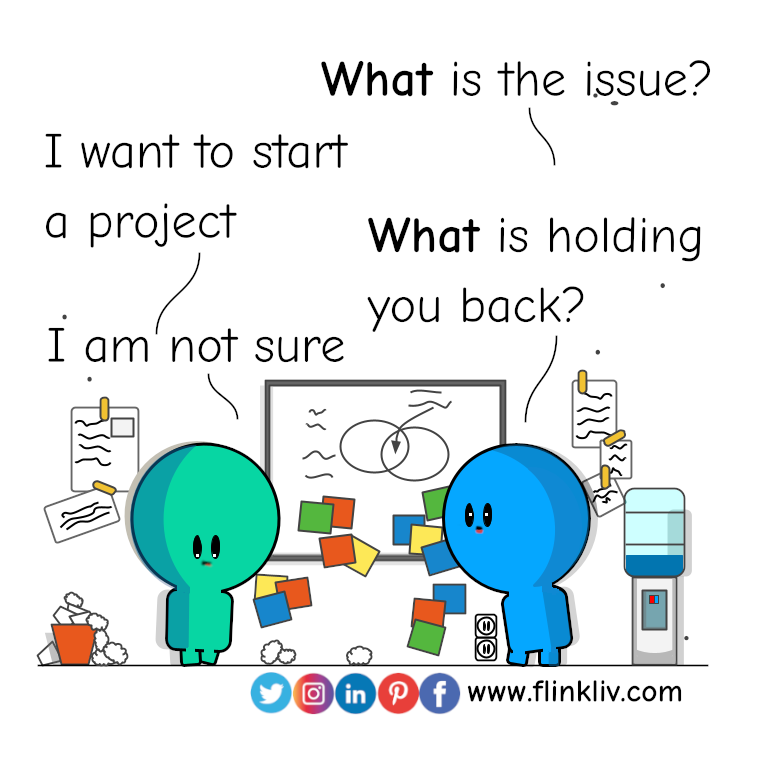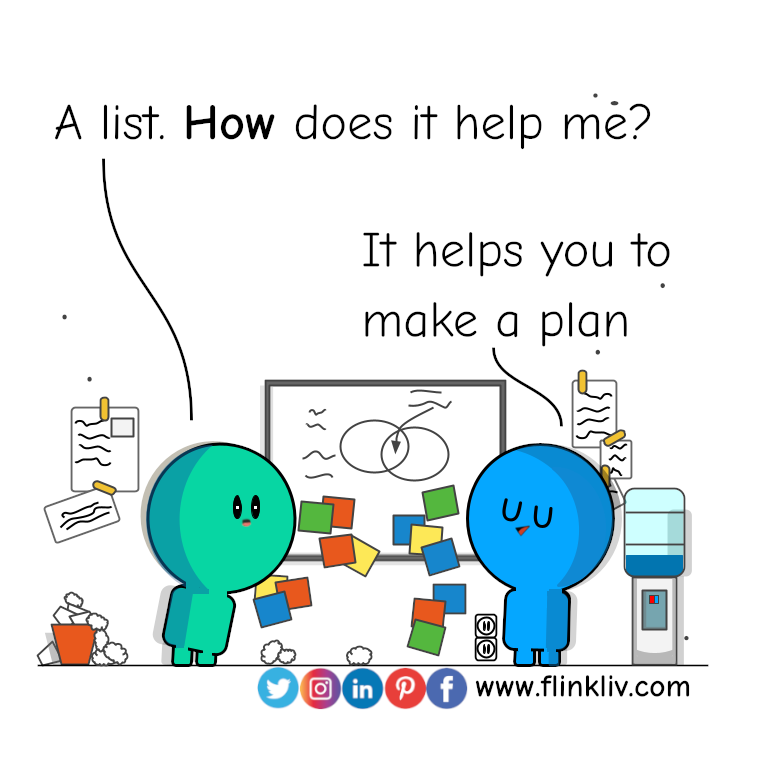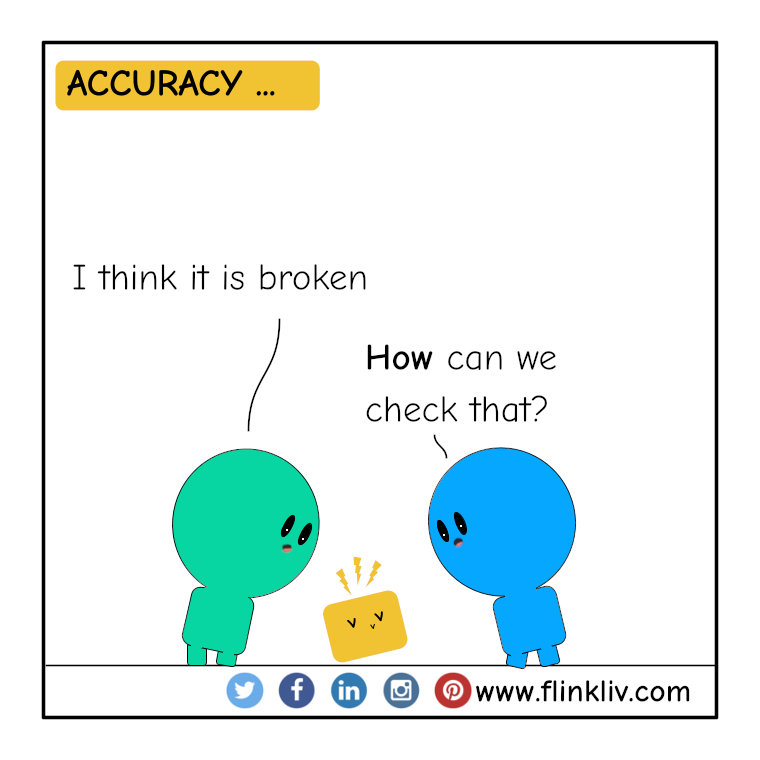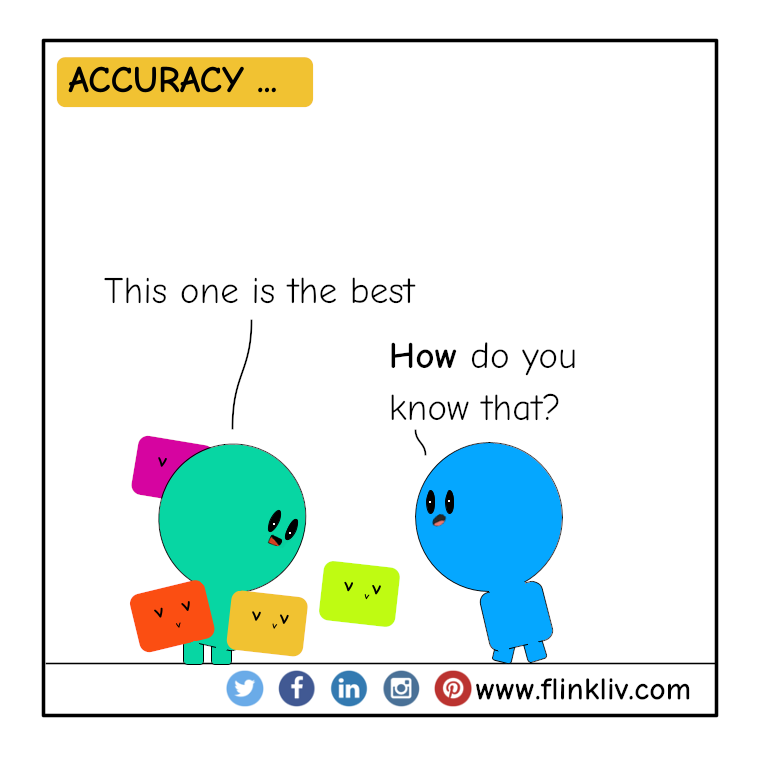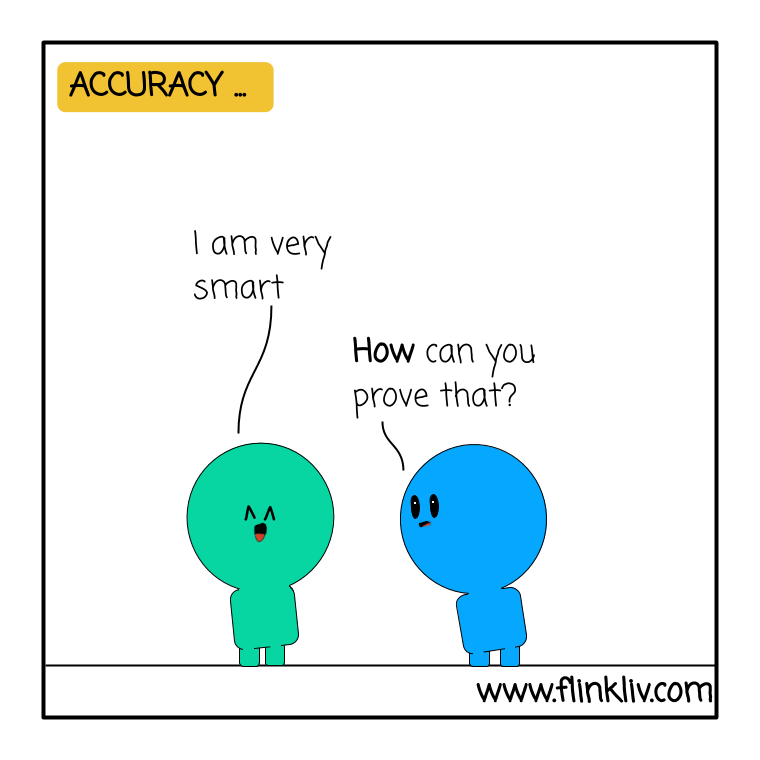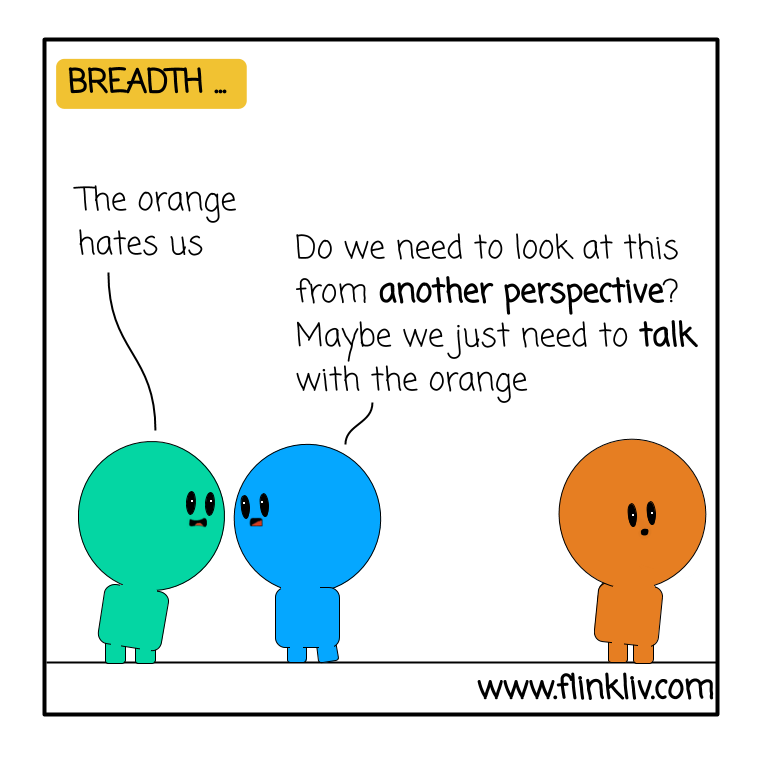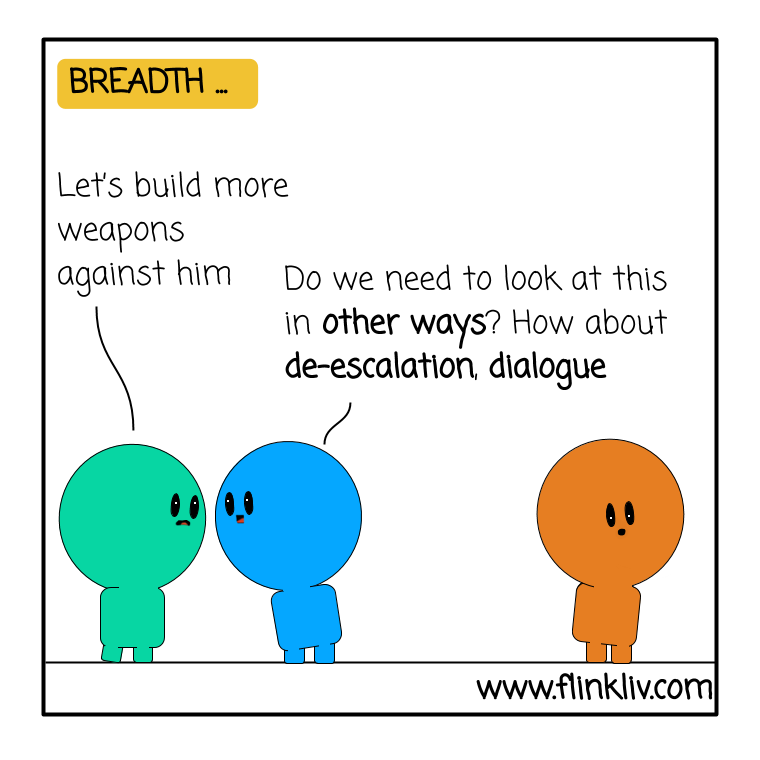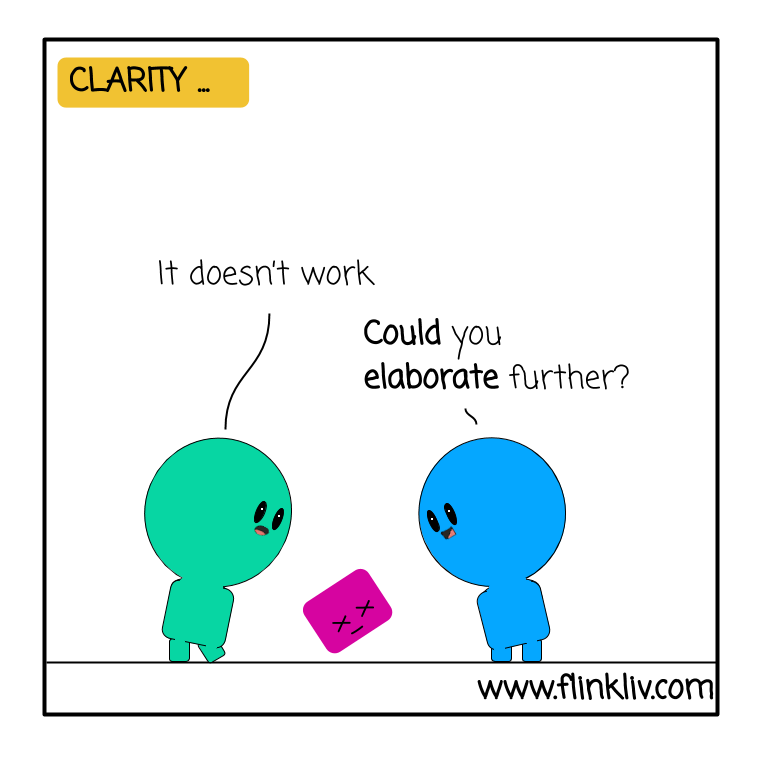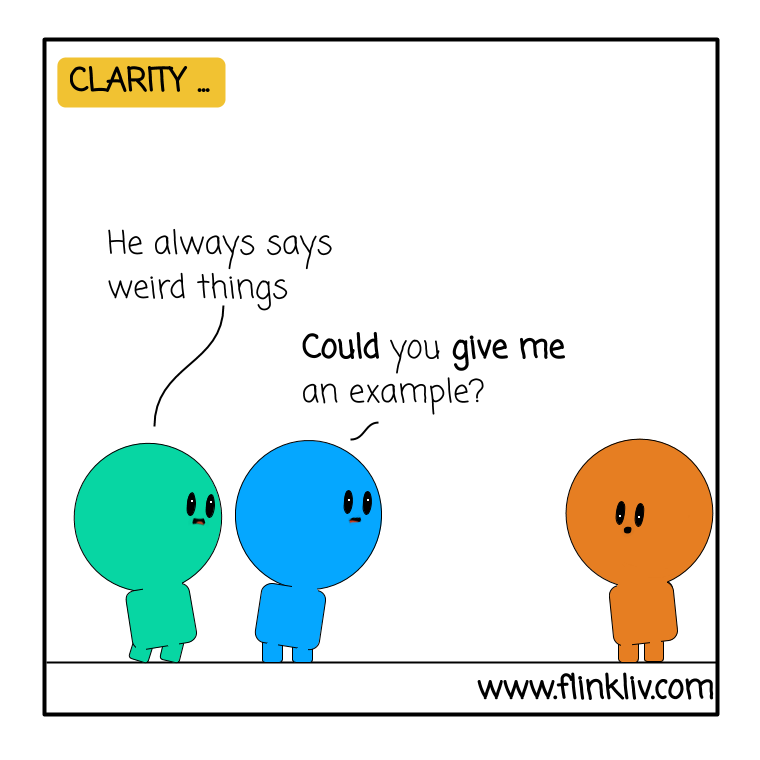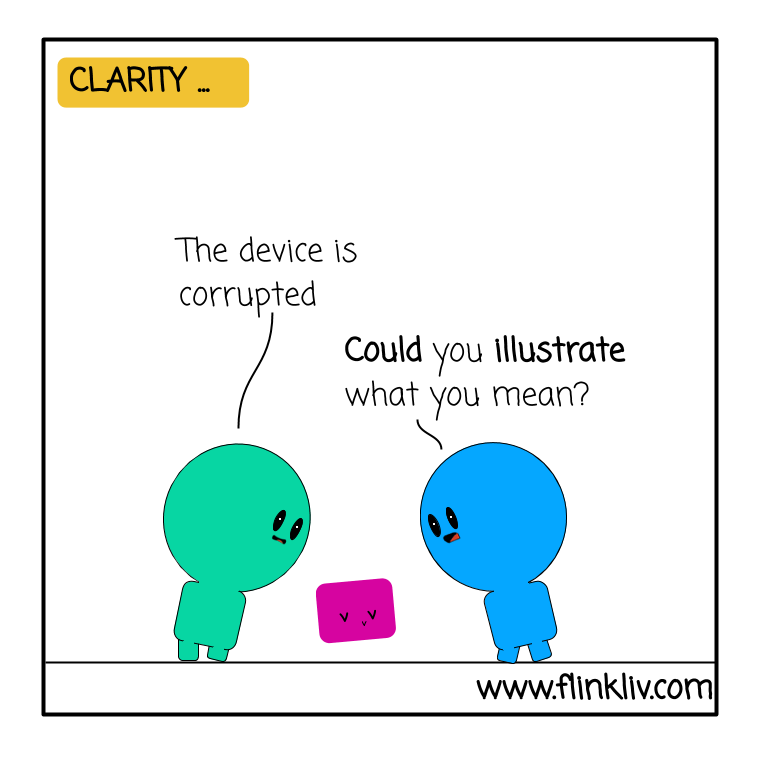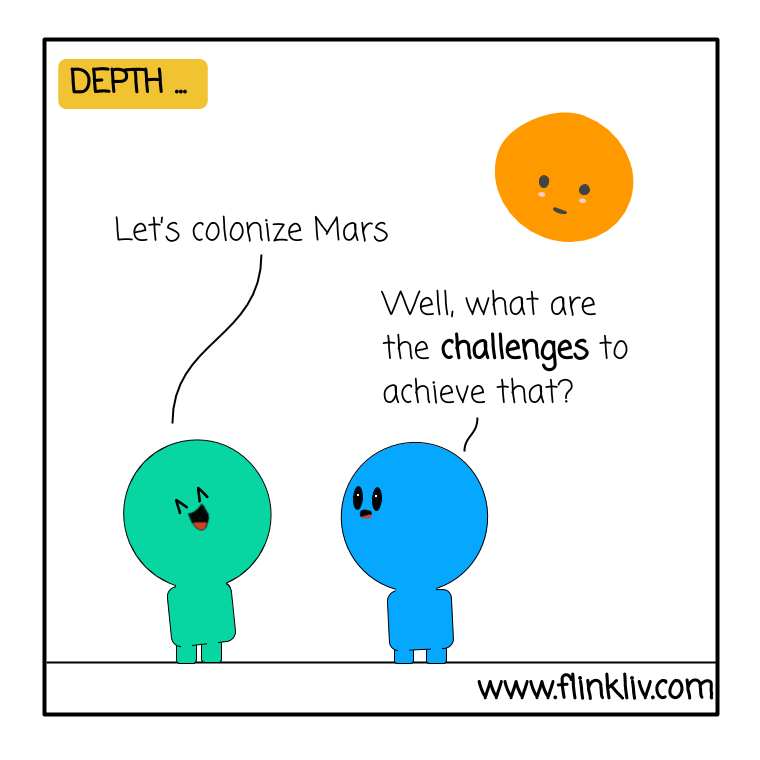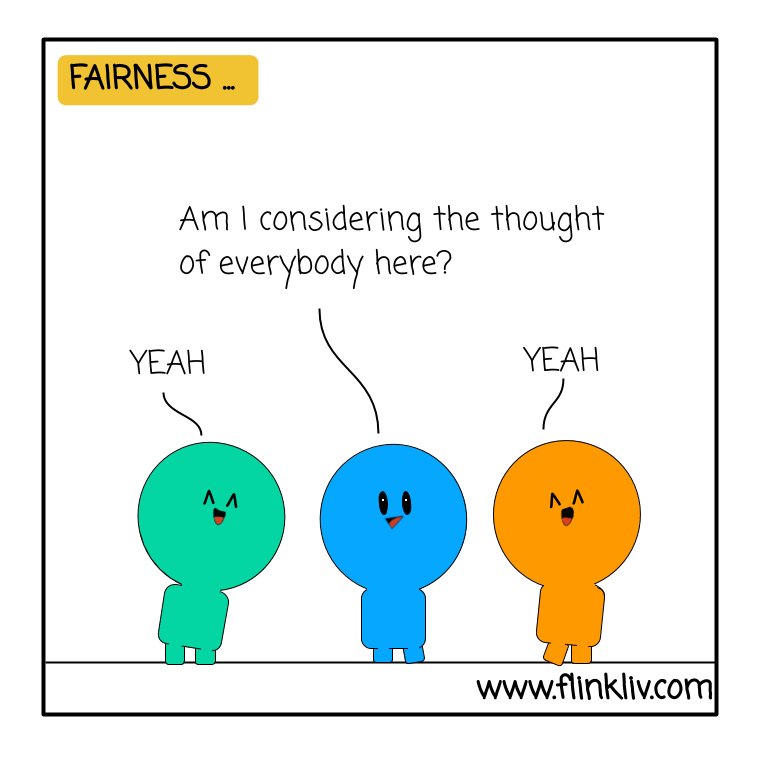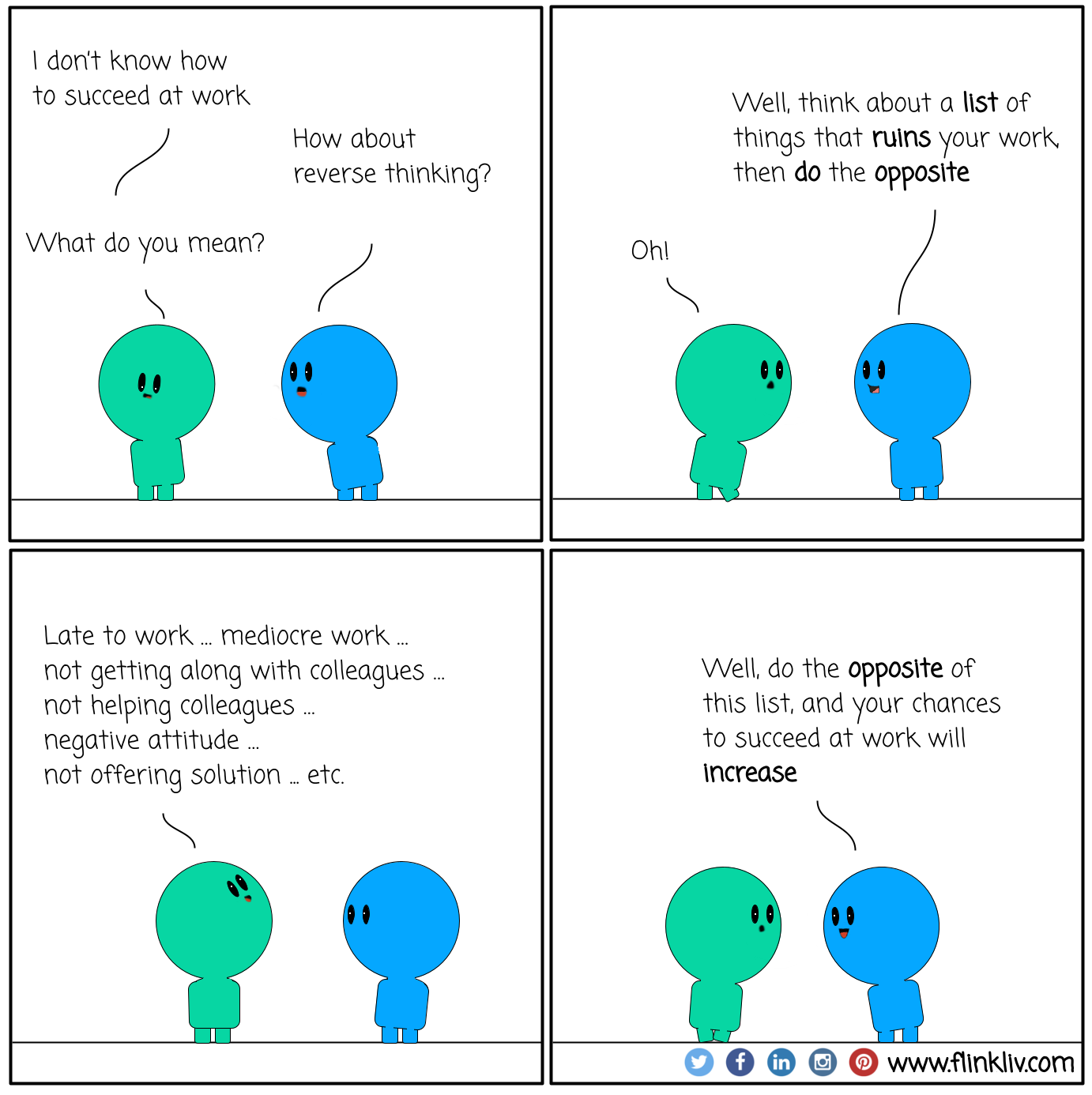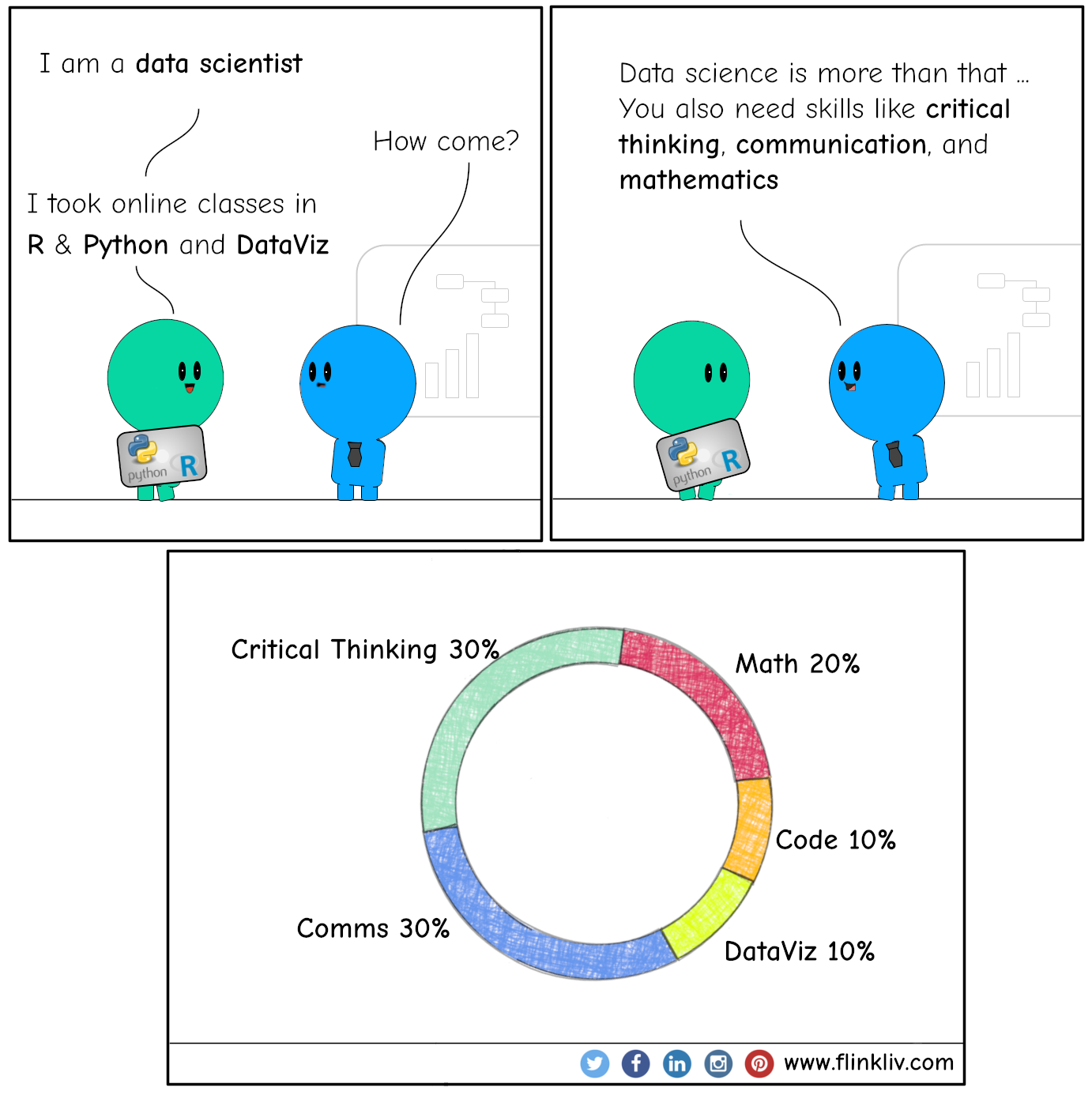Critical Thinking

- Why do you need to learn critical thinking?
- What is critical thinking?
- Examples of ciritcal thinking?
- Examples of reverse thinking?
Why do you need to learn critical thinking?
Critical thinking is a skill for life. No matter what way you choose in life, you will always need a clever thinking approach to overcome life challenges.
Critical thinking stimulates curiosity as it encourages you to ask questions, examine, and explore different alternatives to solve problems.
Critical thinking enhances creativity by aspiring you to imagine novel ideas to tackle issues.
What is critical thinking?
Critical thinking is a process to define, investigate, and assess a situation that could be a conflict, claim, arguments, etc.
The process is in three simple phases:
- The description is to describe clearly the subject by defining the goals, boundaries, restrictions, and the subject’s elements (stakeholders). Use the following keywords in this phase: who, what, where, when.
- The analysis is to explain how the elements fit in the whole story. Use the following keywords in this phase: how, why, what if.
- The evaluation is to assess the options and their impact on solving the issue. Use the following keywords in this phase: so what, what next.
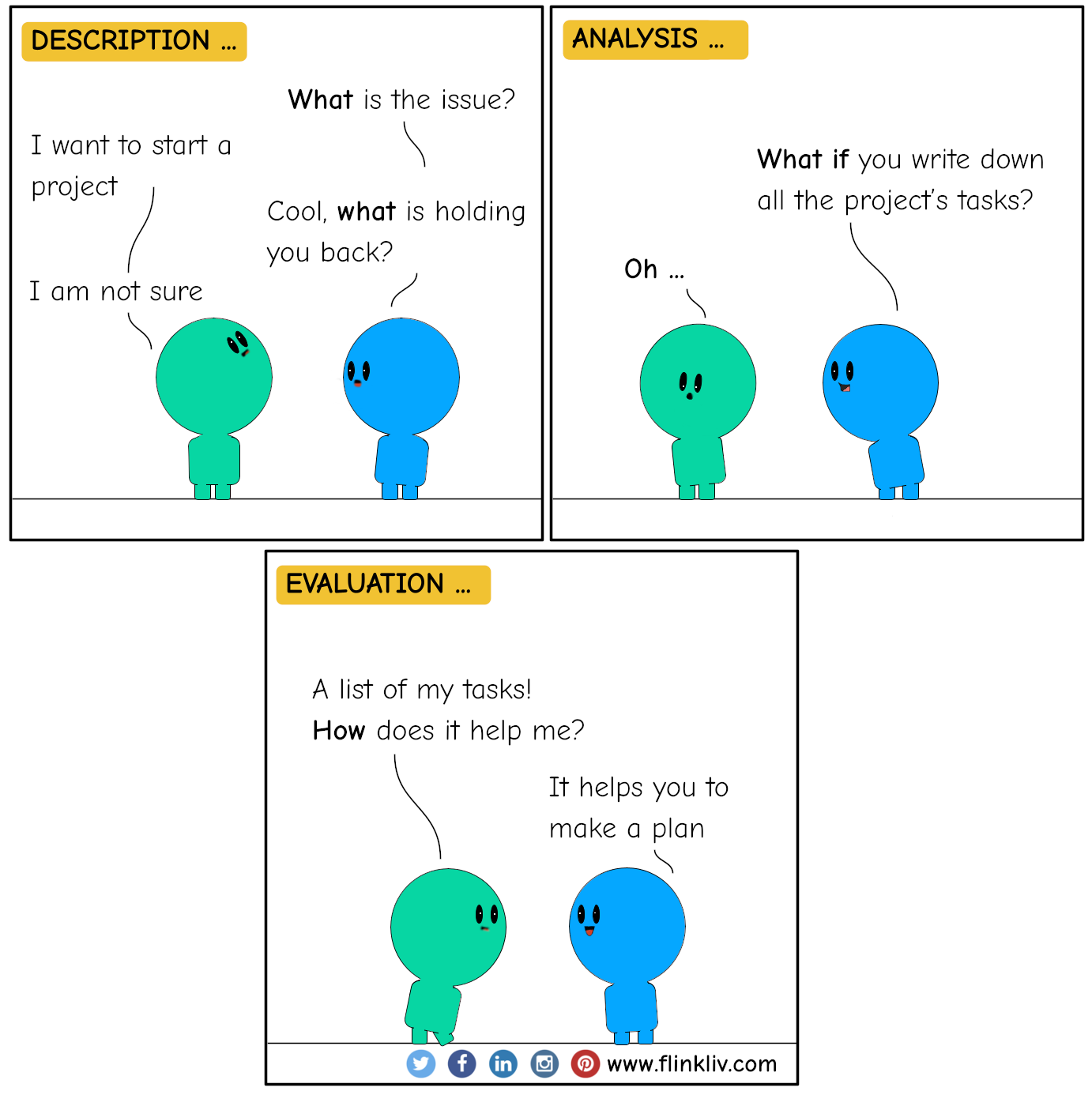
Here are examples to improve your critical thinking process:
